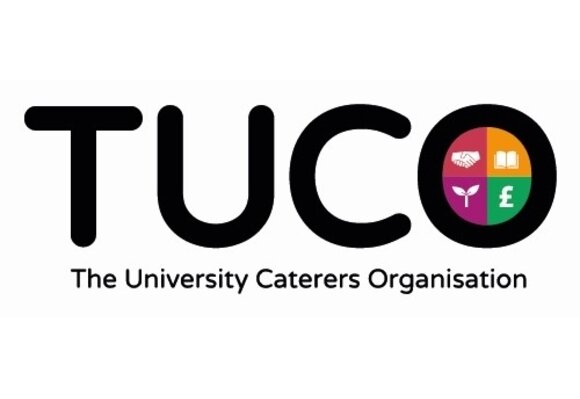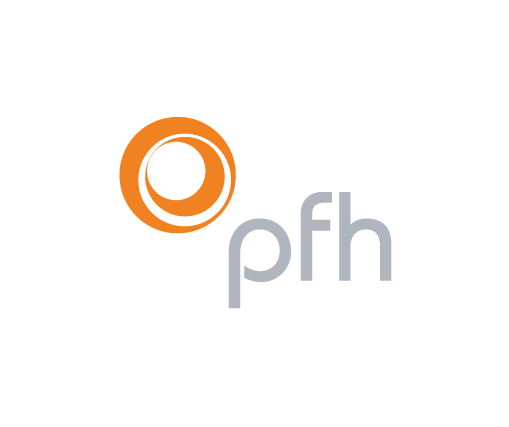YORhub Frameworks
YORhub dates back to 2008, with the first-ever framework launching a year later and attracting interest from more than 400 contractors.
YORhub frameworks continue to deliver on core values of economic regeneration, efficiency, employment and skills, supply chain engagement and sustainability. YORhub offers a suite of building, civil engineering and consultancy frameworks. Each category is managed by a Framework Programme Manager, with a team of Framework Managers from across four contracting authorities.
Getting Started with YORhub
1. Understand YORhub's Role
YORhub operates multiple frameworks that support public sector organisations in the Yorkshire and Humber region. Their focus is on delivering construction, civil engineering, and related services through a collaborative approach. They aim to facilitate efficient procurement processes, ensuring projects are completed to high standards and within budget.
2. Finding Opportunities
YORhub advertises its tender opportunities on the YORhub website and through the YORtender portal. By registering on these platforms, you can access current opportunities and receive notifications about relevant tenders. Make sure to regularly check these portals to stay updated.
3. Preparing Your Bid
- Documentation: Familiarise yourself with the specific documents YORhub requires, such as the Selection Questionnaire (SQ) and Invitation to Tender (ITT).
- Compliance: Ensure your submission complies with all stated requirements and standards. This often includes adhering to health and safety regulations, demonstrating financial stability, and providing relevant certifications.
- Answer Thoroughly: Provide clear and comprehensive answers to all questions in the tender documents. Avoid generic responses and tailor your answers to the specific project and requirements.
4. Submission Process
YORhub uses the YORtender portal for electronic submissions. Make sure you are comfortable with this system well before the submission deadline. If you encounter any issues, contact the support team on the portal for assistance. Ensure all your documents are correctly formatted and uploaded to avoid last-minute complications.
5. Engagement and Feedback
YORhub is committed to transparency and fairness in its procurement processes. After the tender evaluation, you can request feedback on your submission. This feedback is crucial for improving future bids and understanding where your strengths and weaknesses lie.
6. Benefits of Working with YORhub
- Streamlined Processes: YORhub’s frameworks are designed to simplify procurement, reducing the time and effort needed to secure contracts.
- Fair Evaluation: All bids are assessed against clear criteria, ensuring a level playing field for all suppliers.
- Support for SMEs: YORhub actively encourages participation from small and medium-sized enterprises (SMEs), providing opportunities for a wide range of suppliers.
7. Best Practices for Bidding
- Stay Informed: Regularly check the YORhub and YORtender websites for new opportunities and updates on ongoing projects.
- Focus on Quality: Highlight your commitment to quality and safety in your bid. Provide evidence of previous successful projects and relevant certifications.
- Meet Deadlines: Ensure you meet all submission deadlines. Late submissions are generally not accepted, so plan your bid preparation accordingly.
8. E-Procurement Systems
YORhub utilises the YORtender portal for all its procurement activities. This system facilitates efficient processing of bids and helps maintain transparency. Familiarise yourself with the portal’s functionality to streamline your bidding process and ensure all necessary documents are correctly submitted.
See all YORhub frameworks
























 We offer expert bid writing and big training services, in order to support on both the application forms and upskilling your team to ensure they are ready to bid successfully.
We offer expert bid writing and big training services, in order to support on both the application forms and upskilling your team to ensure they are ready to bid successfully.
 We offer detailed bidding masterclasses, including Bidding for Beginners course and a 2 Day Bid and Tender Writing Masterclass.
We offer detailed bidding masterclasses, including Bidding for Beginners course and a 2 Day Bid and Tender Writing Masterclass.
 Our team of highly experienced bid writers can assist you to complete the necessary applications and ensure the key evidence you may require is in place.
Our team of highly experienced bid writers can assist you to complete the necessary applications and ensure the key evidence you may require is in place.